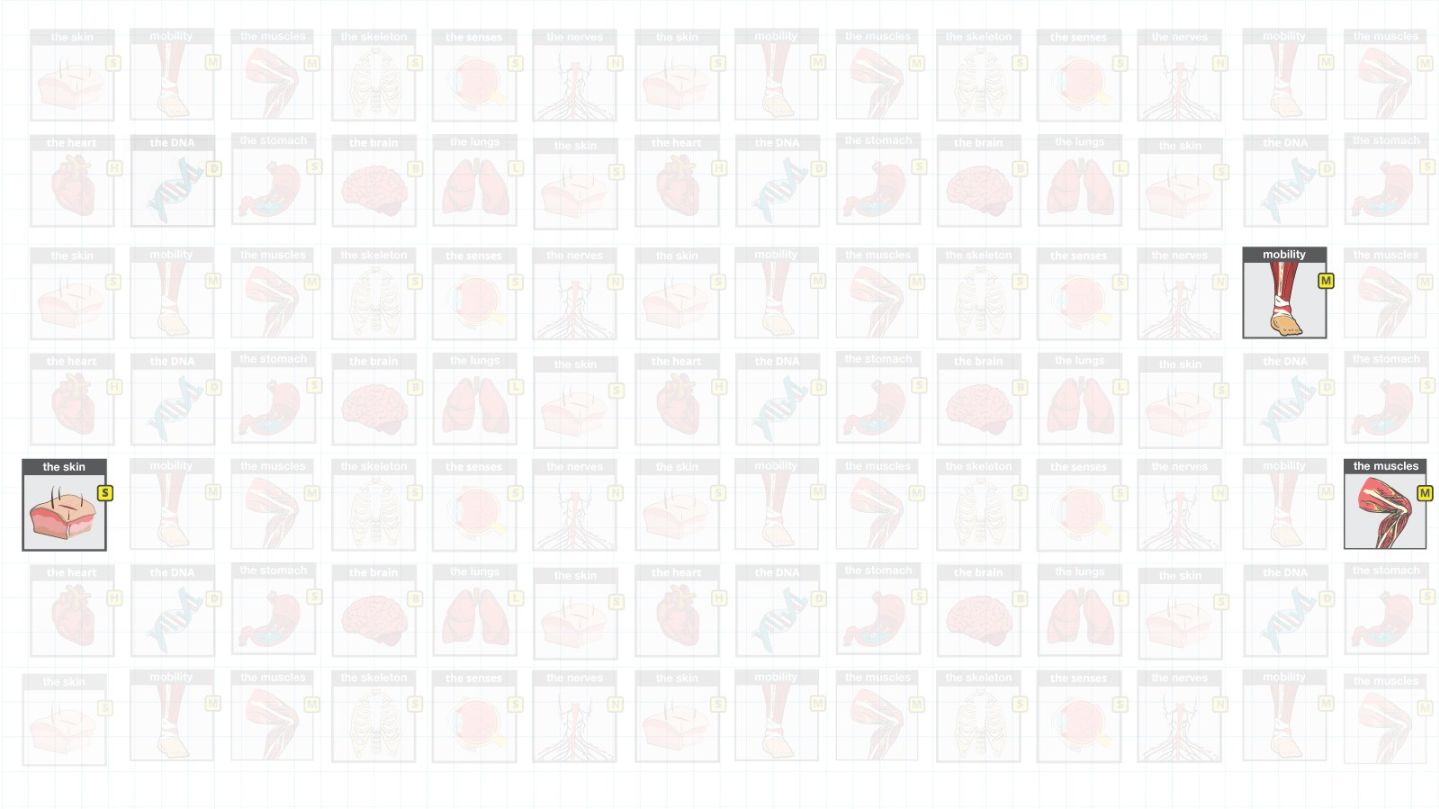Story highlights
A recent analysis looked for the most effective diet: Low-fat, low-carb or high-fat
Researcher: "None of the diets did particularly well, and after one year, they are all pretty abysmal"
Some diets claim you must eat less fat to have any hope of losing weight. Others insist the only way to shed pounds is to shed carbs. A new study suggests that it doesn’t much matter which diet you follow.
Researchers set out to answer this age-old debate: Are low-fat diets any better than all the rest? In a weight-loss contest between a low-fat diet and high-fat or low-carbohydrate diets, who would come out on top?
There has been reams of research on the subject and the researchers analyzed 53 studies that compared the amount of weight that people had lost one year or more after starting various diets. The commons types include low-fat diets, such as the popular high-carb diet developed by Dr. Dean Ornish, the low-carbohydrate diet, such as the popular program created by Dr. Robert Atkins, and high-fat diets, such as the Mediterranean menu, which has been shown to have health benefits in addition to weight loss.
Related: Health effects of carbs: Where do we stand?
Generally, study participants on a low-fat diet got less than 30% (and sometimes only 10%) of calories from fat. Those on high-fat and low-carb diets usually got at least 30% (and sometimes more than 60%) of calories from fat and less than 10% from carbs.
Of all the diets they looked at, which emerged the lightweight champion? None.
The main verdict was that there was no difference in weight loss between low-fat and high-fat diets. However, the low-fat diets fared slightly better than the low-carb diets; people had lost about 2.5 more pounds after at least a year. But the difference was small and the researchers did not think it would lead to any meaningful health benefits.
“We thought (comparing) low vs. high fat diets would help us identify the optimal diet, but it’s clear that just focusing on how much fat is in your diet is not what is going to help address the obesity epidemic,” said Dr. Deirdre Tobias, epidemiologist at Brigham and Women’s Hospital and Harvard Medical School. Tobias is the lead author of the study, which was published this week in The Lancet Diabetes & Endocrinology journal.
“Long-term adherence is going to be what drives (weight loss), so identifying which of all the health foods you enjoy, which patterns you can stick to on a daily or weekly basis, will be what gives the best weight loss,” Tobias said.
The studies that Tobias and her colleagues analyzed used interventions that ranged from giving participants pamphlets describing the diets they should start to ongoing counseling and providing food. It was not clear, however, how well participants in the studies adhered to the various interventions, and that should be addressed in future research, Tobias said.
The researchers’ conclusion to focus on dietary patterns jives with the recent report by the Dietary Guidelines Advisory Committee, which for the first time suggested a range of types of diets for optimal health (and reduced environmental impact), rather than any one single diet. (Tobias was not involved in the report, but another author of the new study, Dr. Frank Hu, was a member of the committee.)
How strong is the science behind the U.S. Dietary Guidelines?
Although the committee’s report in some ways also marked an exoneration for fat, it still recommended limiting saturated fat to 10% of daily calories and opting for low-fat and no-fat dairy options. These recommendations were not created with the goal of helping people lose weight but to promote better health, Tobias said. (Saturated fat has been linked with heart disease.)
“The main conclusion (of this study) is not that low-fat diets are pretty bad compared to other diets, but that they’re all bad,” said Kevin D. Hall, senior investigator at the National Institutes of Health National Institute of Diabetes and Digestive and Kidney Diseases.
“None of the diets did particularly well, and after one year, they are all pretty abysmal,” said Hall, who wrote an editorial that accompanied the research article.
Americans are cutting calories but far from eating healthy
The study found that the median amount of weight lost for all the diets after a year or more was about 8.5 pounds. The poor result is probably because many people fall off the wagon with dieting after about six or eight months, Hall said.
“Low-carb diets might be easier to follow in the short run,” said Hall. Research by Hall and his colleagues suggests this is the case. “And then people slip up, so they are similarly effective” as low-fat diets, he said.
Although the findings are frustrating, not all hope is lost, Hall said. There is a small percentage of people who have achieved substantial long-term weight loss through dieting.
“There are some people who do really well on one diet over another” for the long haul, and the question remains which diets work best for which people, he said. He is doing research to address this question. The answer will probably come down to which diets make people feel full and are easy to incorporate into their lifestyle.






